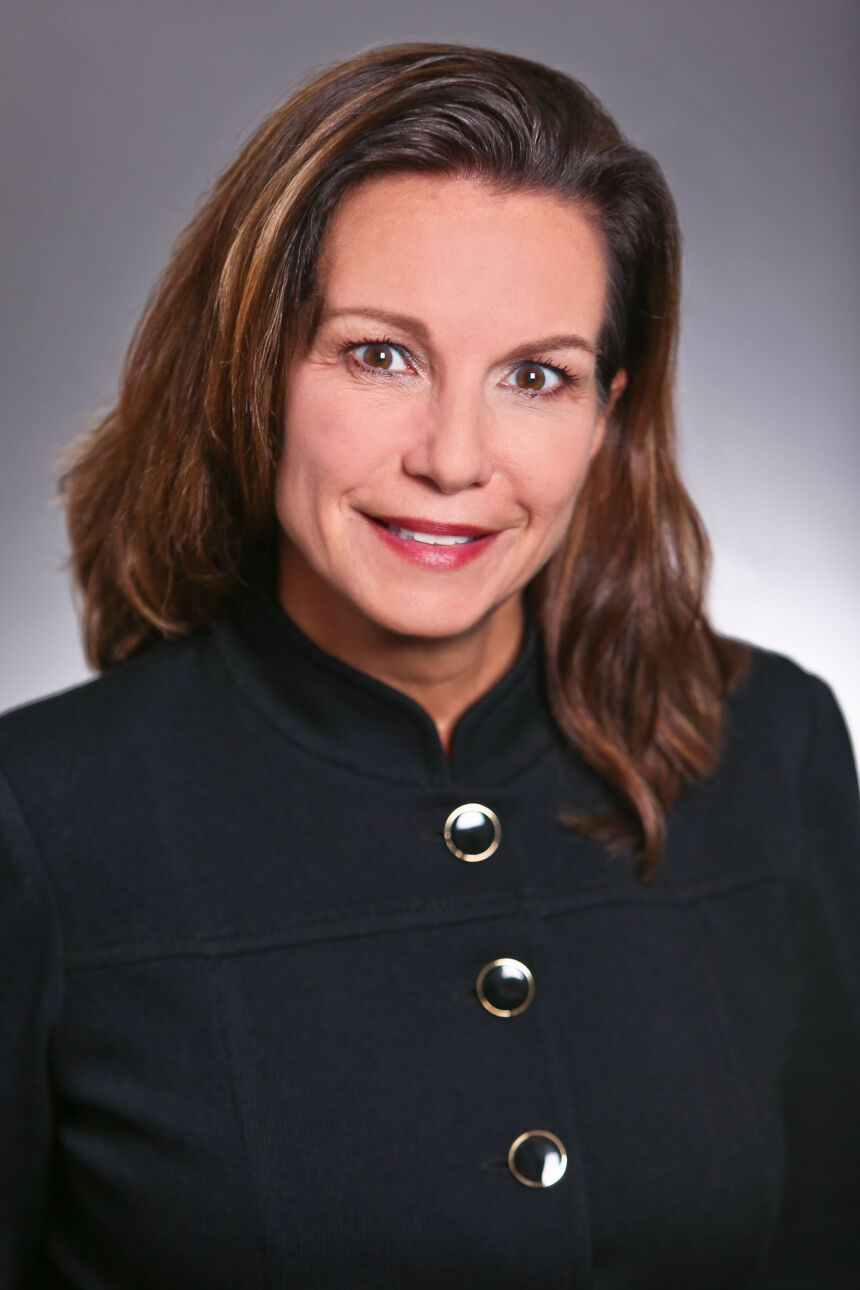February 08, 2022
The Hon. Mary Beth Long reflects on Afghanistan lessons, SIA students

UNIVERSITY PARK, Pa. – As professor of practice for Penn State School of International Affairs, the Hon. Mary Beth Long has a litany of geopolitical issues to discuss with students preparing to serve in roles that protect democracy at home and abroad.
From Afghanistan to NATO to international organized crime syndicates, Long has first-hand working experience that has proven invaluable for SIA students. She was the first woman confirmed by the U.S. Senate as assistant secretary of defense for international security affairs in the Office of the Secretary of Defense, and as chair of NATO’s High Level Group (HLG), responsible for NATO’s nuclear policy. She is founder of M B Long & Associates, PLLC, an international legal and advisory firm, and is recognized as an authority on a variety of issues ranging from Middle East security to narcoterrorism and nuclear policy.
On Feb. 15, she will be simulating the role of president of the United States in the National Security Law II course at Penn State Law in University Park, joining retired U.S. Navy Admiral Craig S. Faller (former commander of the U.S. Southern Command) in the simulation led by Interim Dean and Retired Vice Admiral James W. Houck. The groundbreaking course provides J.D. program students with a crucial opportunity to experience the interplay of national security law, politics, and policy, through the simulation of a developing threat to the Homeland.
In this Q&A, Long talks about career and experience in SIA – where she has taught courses on intelligence, national security, and foreign policy, and is now teaching the Colloquium on Current Policy Challenges.
How have you seen the attitude and approach of your students evolve as they prepare for careers in international affairs today, as many more young people are focusing on issues like xenophobia, intolerance and social injustice?
Coming from the defense sector, and having started my own companies and served in senior roles in government – I have been surrounded my entire career by people dedicated to the defense of democracy. When I came to Penn State, I was blown away by the SIA students. I immediately recognized they were interested in developing a substantive understanding of the issues. These students are in tune with the incredible amount of change that the world is undergoing. Our coursework addresses the implications of those geopolitical changes, but also how change can be shaped. My students know that the issues we are studying will directly impact them in their careers as diplomats, foreign services officers, and businesspeople.
What was your experience like working with students who learn about your professional background and experience in national and international security issues?
What I got when I joined SIA was empathy, sympathy, and an incredible open-mindedness and tolerance – a camaraderie that I did not expect. It makes the learning environment so much more gratifying when students seek to understand the equilibrium of justice available to global peoples.
You worked on Afghanistan-related issues for the Department of Defense and traveled there extensively from 2004-2009. How has the U.S. withdrawal from Afghanistan factored into your class discussions?
As I explain to my students, Afghans have a really interesting sense of togetherness. I had many memorable experiences there and know the efforts made by provincial reconstruction teams and strong, resilient Afghans – from their Ministry of Defense all the way down to people in individual neighborhoods. In class, we explore how Afghans risked their lives every day alongside U.S. personnel as people worked together to transition the nation out of a state of war. We discuss the impact of the withdrawal from Afghanistan and the countless U.S. personnel and Foreign Services officers who have made lifelong commitments to families, many of whom left their jobs, and others who wrote checks and dedicated everything they could to save peoples’ lives.
How do you introduce students to the interplay of policy, politics, and social justice/injustice?
Our class discussions include a focus on the impact of foreign policy on the recipient, plus the secondary and tertiary impacts, particularly on the weak and vulnerable. SIA students are thoughtful about foreign policy and defense, but also as patriotic and as willing to protect our country and our values as anyone. My students are eager to examine different eras in history in full context of the time. There’s an openness to analyze our government’s responses to issues of national security that at the time were seen as measures to protect our democracy but may be seen now as failed attempts to do so. These are challenging and important discussions. But I haven’t seen my students judge things as too liberal or too conservative – they’re keenly interested in understanding the different perspectives of classmates, but also of foreign peoples and governments.
What do you cover in the Colloquium on Current Policy Challenges?
We focus on globalization issues ranging from developments in artificial intelligence technology to the ascendancy of China, to the proliferation of nuclear weapons, and the future of security in space. We cover cybersecurity skills and awareness and accountability and examine how everything we do at the computer affects us and connects.
